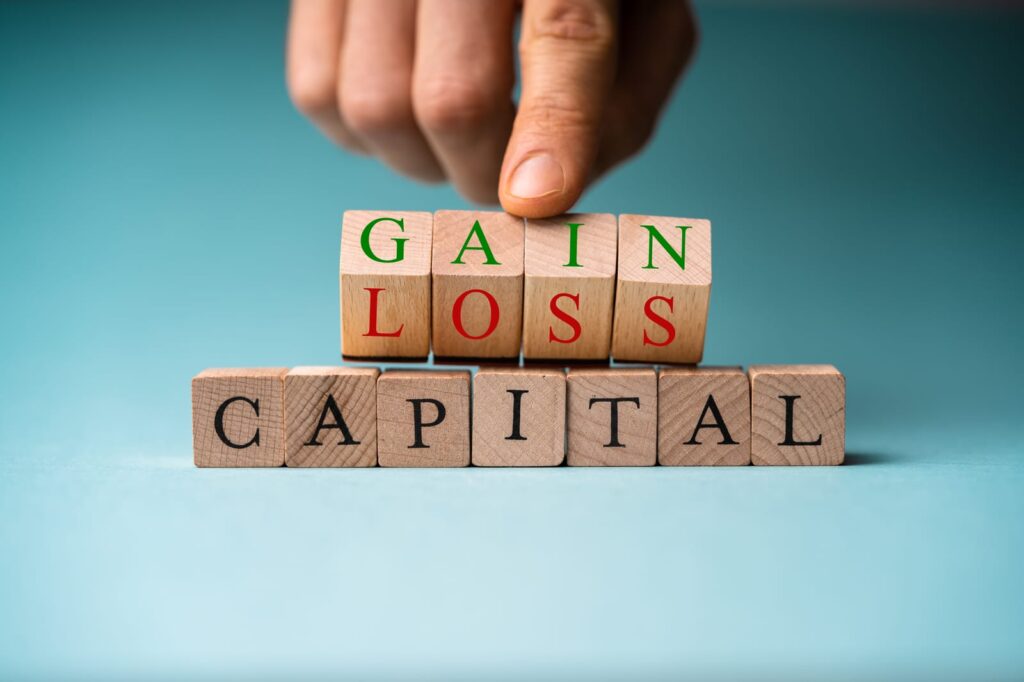As tax season approaches, many taxpayers are left grappling with the complexities of capital gains tax. In a recent discussion, Randy Lutichota from Business 360 CPA elucidated the ins and outs of capital gains, providing valuable insights for individuals and small business owners alike.
What Are Capital Gains?
Capital gains are realized when an individual sells a long-term asset for more than its purchase price. Unlike inventory that is frequently bought and sold, capital assets are typically held for extended periods. The gain is calculated as the difference between the purchase price and the selling price, which can be classified as either a capital gain or a capital loss.
Examples of Capital Gain Taxable Items
If a piece of land was purchased for $110,000 and sold years later for $2 million, the capital gain would be $1.89 million. However, only 50% of that, or $945,000, would be subject to taxation due to the current capital gains inclusion rate.
Other common examples include:
- Real Estate: Selling property purchased for $1 million that appreciates to $2 million results in a $1 million capital gain.
- Investments: Stocks and even cryptocurrencies held for over a year qualify as capital gains.
- Personal Property: Collectible items like cars can also result in capital gains.

Capital Gains Tax Rates in 2025
In 2025, capital gains on property sales are taxed at significantly lower rates compared to regular income. For instance, if someone earns $100,000 in salary, that entire amount is taxable. Conversely, if the same person earns $100,000 from capital gains, only $50,000 is taxed, allowing for greater financial retention.
Impact on Small Business Owners
A significant change for small business owners is the increase in the tax-free capital gains exemption for the sale of a small business, which rose from $1 million to $1.25 million as of June 2024. This means that if a small business is sold and the capital gain is $1.25 million, there will be no tax on that gain, resulting in substantial savings.
What Doesn’t Count as Capital Gain?
Frequent trading of stocks or other assets, often termed “day trading,” does not qualify as capital gains and is treated as business income, meaning 100% of the profit is taxable. This distinction is crucial for investors who may not realize the tax implications of their trading activities.
Capital Gains and Retirement Planning
For business owners, strategic planning around capital gains can significantly impact retirement. Options such as rolling over a business to family members without incurring tax consequences can help ensure business continuity. However, it’s essential that the family members involved are willing to carry on the business for at least two years.
International Investments
For foreign investors purchasing property in Canada, the tax treatment remains consistent with local investors. However, a withholding tax may apply, which the buyer must manage until appropriate tax settlements are completed.
Record Keeping
One of the challenges in capital gains tax reporting is maintaining accurate records. Tax practitioners often encounter issues with historical records related to property purchases. Keeping meticulous records of acquisition costs, improvements, and depreciation is essential for accurately calculating capital gains.
Take Control of Your Capital Gains with Burnaby Accountant from Business 360 CPA
Are you ready to navigate the complexities of capital gains tax and optimize your financial strategy? Don’t leave your tax situation to chance!
Understanding capital gains tax is crucial for both individuals and small business owners. With varying rates, exemptions, and the implications of frequent trading, seeking expert advice from Burnaby Accountant at Business 360 CPA can lead to significant savings and better financial planning. Consider reaching out to us for personalized consultation.

